Udayana Political Science Presents Andrew Vandenberg in a Public Lecture "What is Political Science?"
Denpasar, the Political Science Study Program at Udayana University invited academics from Deakin University, Melbourne, Australia in the context of implementing international cooperation in the public lecture agenda. Seeing the increasing interest of students in political science, this public lecture was entitled "What is Political Science? What are the Future Challenges with the Political Scientist Profession, which is located in the FISIP Building. (29/08/2022), as well as addressing the development of political science in the contemporary era.
This public lecture was held offline at 09:00 WITA, presenting Dr. Andrew Vandenberg, who is a researcher and lecturer in political science for 27 years at Deakin University, Melbourne, Victoria, Australia. This activity is intended to provide participants with an understanding of political science, and also to provide an overview of the role of generations in charge of political science in the future in various aspects of the future.
On this occasion, Andrew Vandenberg delivered several materials covering elections and electoral issues, the challenges of globalization in politics, understanding the differences between political science (quantitative) and political studies (qualitative), and how to interpret democracy quantitatively and qualitatively. The enthusiasm of the participants in listening to the material from the public lecture was shown by the number of questions asked by the participants.
In the discussion activity which was guided by a lecturer in Political Science, Udayana University, Anak Agung Sagung Mirah Mahaswari Jayanthi Mertha, S.IP., M.Sc., how many topics were asked by participants, such as politics of violance (especially abuse of power), identity politics, comparison of political perspectives, involvement of the younger generation as well as women in politics, and so on.
At the end of the activity, Andrew Vandenberg hopes that political students become active figures in organizations, have good networking, are not apathetic to the situation and conditions around them, and become good nationalists and do not divide parties. (tr)
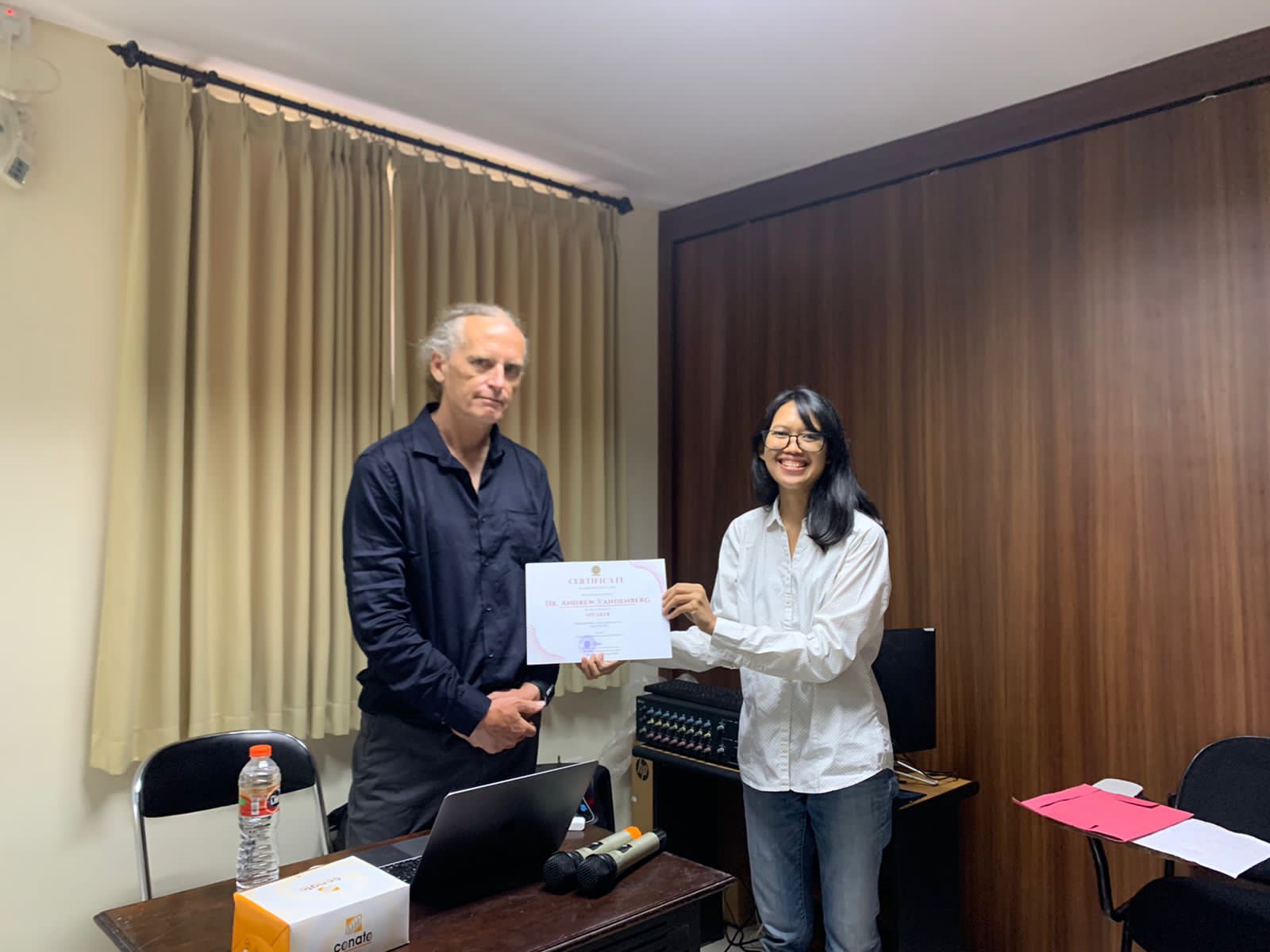
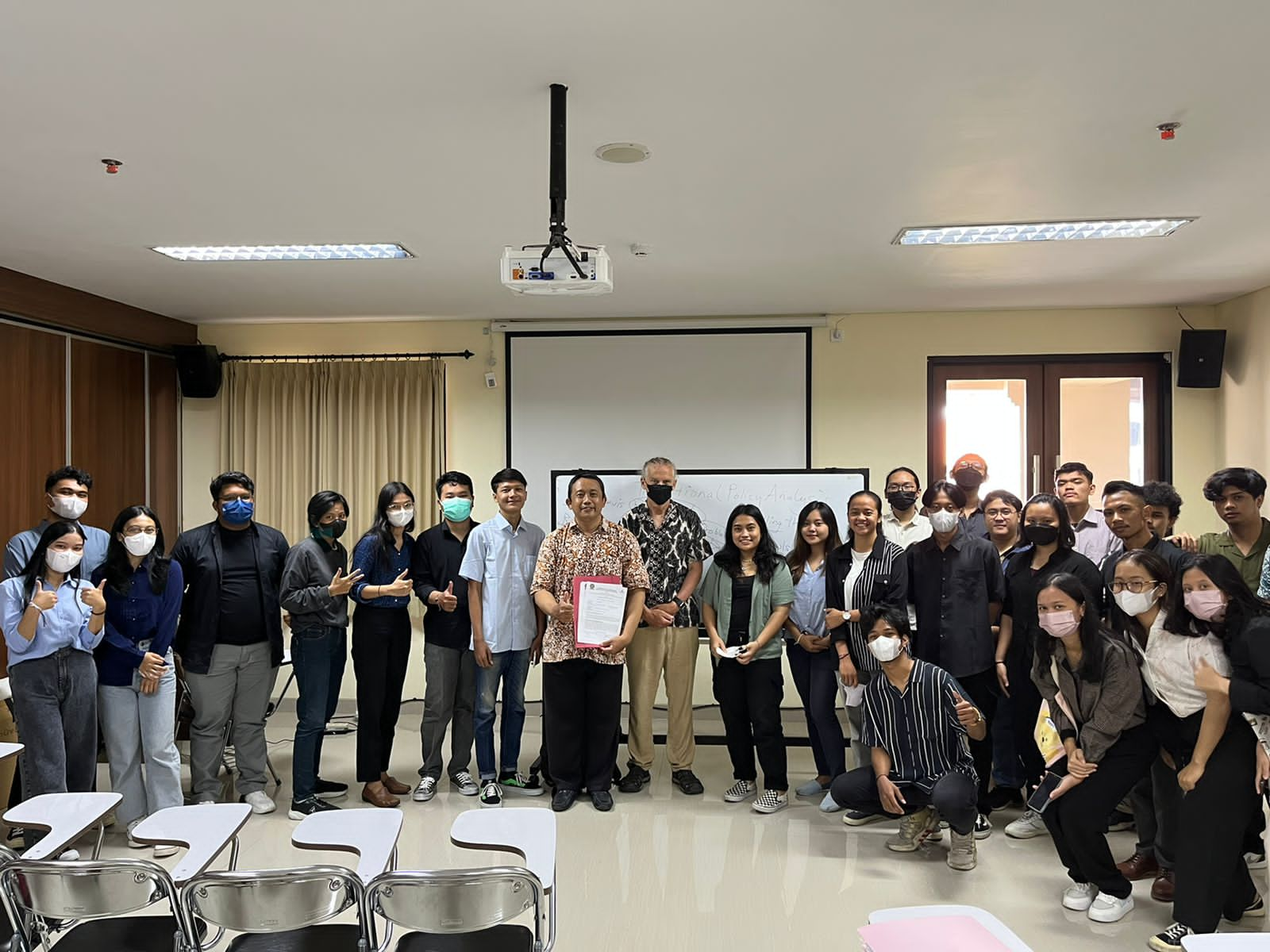
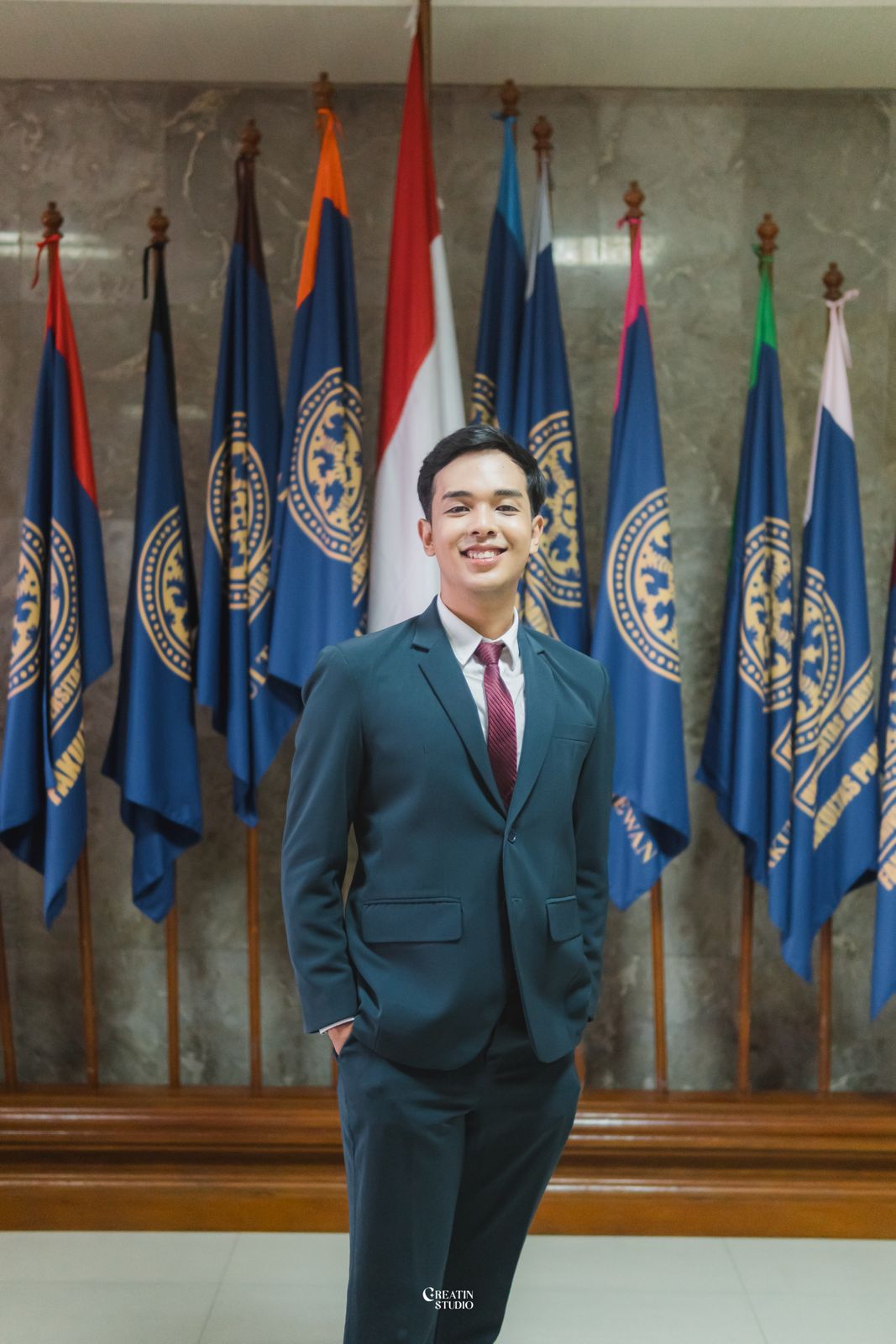
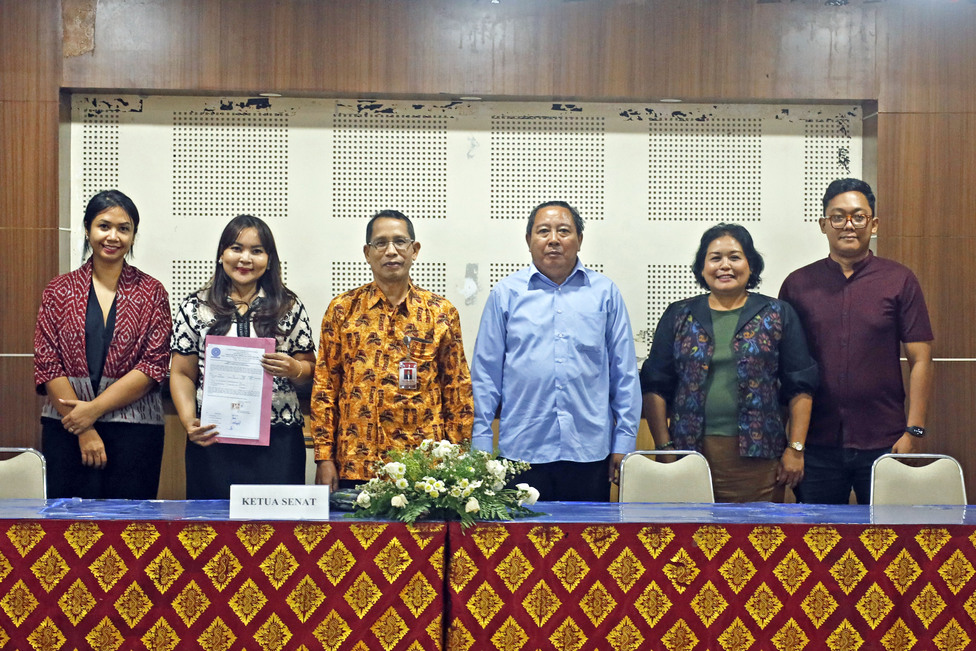
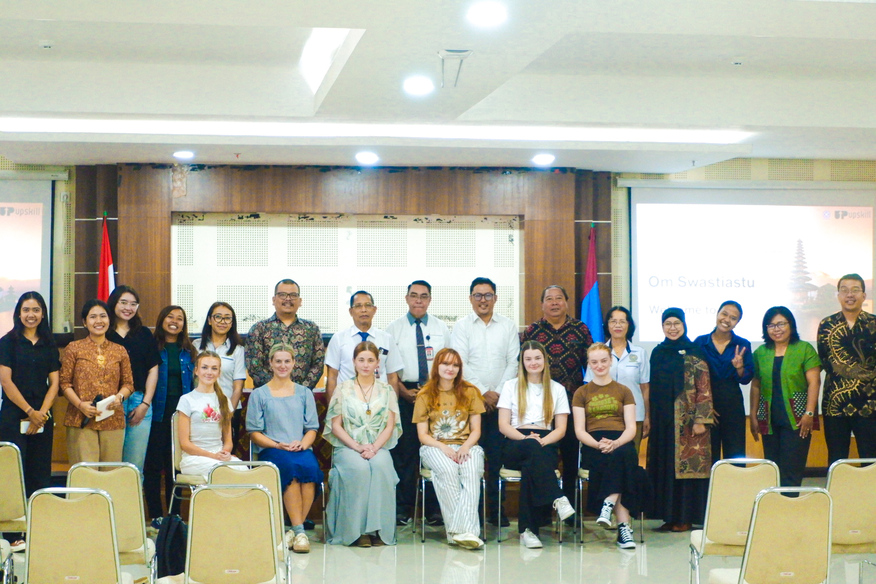
UDAYANA UNIVERSITY